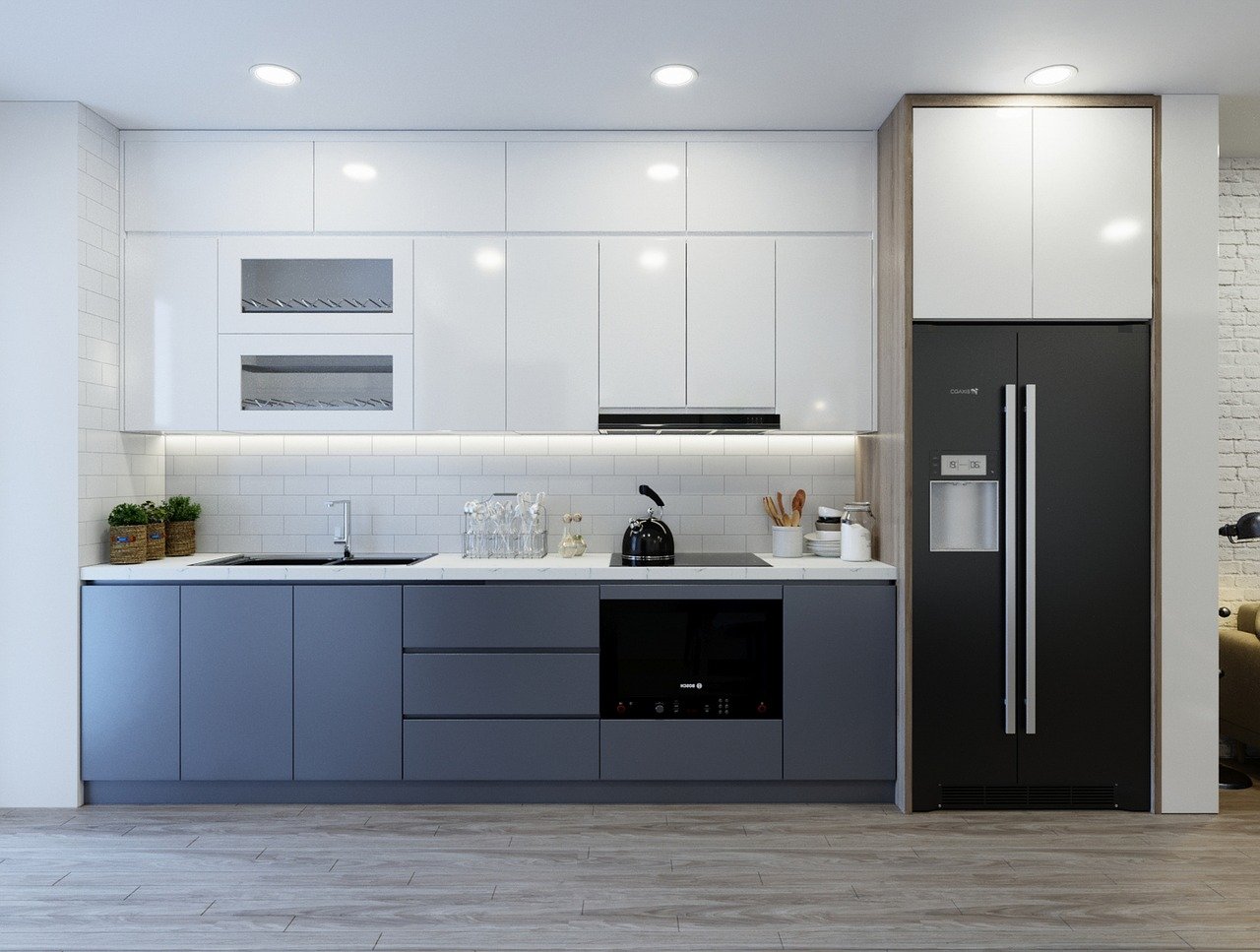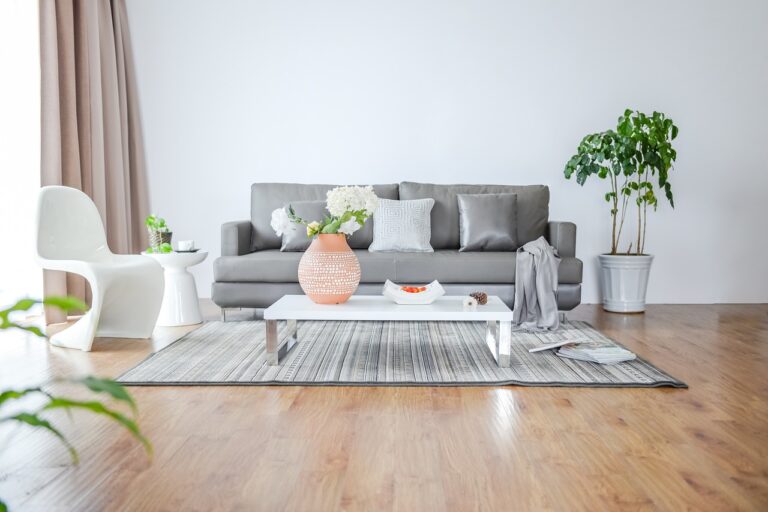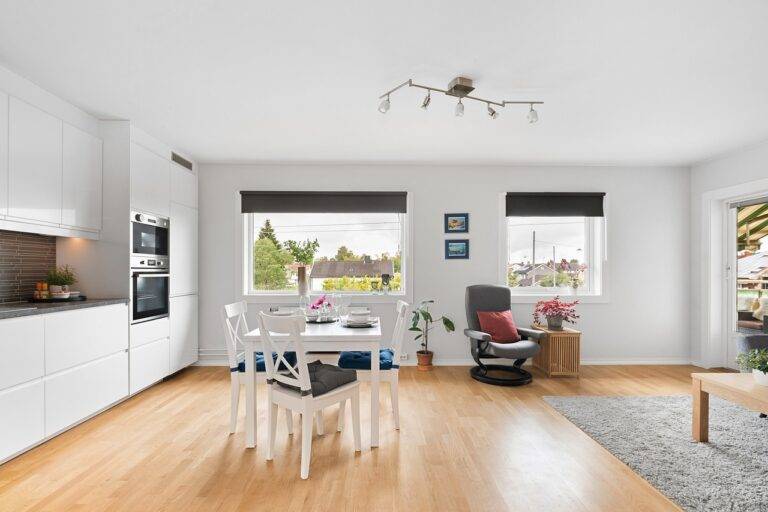Understanding the Importance of Screen Size: Betbhai book, Cricbet99 login, Diamondexch9 login
betbhai book, cricbet99 login, diamondexch9 login: Screen size is a crucial factor to consider when it comes to choosing a device, whether it’s a smartphone, tablet, laptop, or desktop computer. The size of the screen can significantly impact the user experience and how we interact with our devices. In this article, we will delve into the importance of screen size and how it can affect our daily tasks and overall satisfaction with our devices.
When it comes to screen size, one of the first things that come to mind is the physical dimensions of the display. This includes the length and width of the screen, measured in inches. The larger the screen size, the more content you can see at once, which can be beneficial for tasks that require multiple windows or applications to be open simultaneously.
Another important aspect of screen size is the resolution, which is the number of pixels displayed on the screen. A higher resolution means that the screen can display more detailed images and text, resulting in a crisper and clearer visual experience. This is particularly important for tasks such as graphic design, video editing, and gaming, where image quality is paramount.
The size of the screen also affects how we interact with our devices. For example, a larger screen size on a smartphone or tablet can make it easier to type on the virtual keyboard and navigate through apps and websites. On the other hand, a smaller screen size may be more convenient for portability and one-handed use.
When it comes to laptops and desktop computers, screen size is often linked to productivity. A larger screen size can allow you to work on multiple windows side by side, making multitasking more efficient. It can also enhance the overall viewing experience when watching movies or videos, as well as when browsing the web or editing documents.
On the other hand, a smaller screen size may be more suitable for users who are always on the go and need a lightweight and compact device. This can be particularly important for students, business professionals, and frequent travelers who need a device that is easy to carry around but still offers decent performance and functionality.
In recent years, there has been a trend towards larger screen sizes, particularly in smartphones and laptops. This is driven by the increasing demand for immersive media experiences, such as streaming movies and playing games, as well as the need for enhanced productivity and multitasking capabilities. As a result, manufacturers are continually pushing the boundaries of screen size, with some smartphones now featuring screens larger than 6 inches and laptops with displays exceeding 17 inches.
However, it’s essential to strike a balance between screen size and portability, as larger screens can be cumbersome to carry around and may not be suitable for all users. It’s important to consider your individual needs and preferences when choosing a device with the right screen size for you.
In conclusion, screen size plays a vital role in how we interact with our devices and can significantly impact our user experience. Whether you prioritize productivity, multimedia consumption, portability, or a combination of these factors, choosing the right screen size is crucial to ensure that your device meets your needs and enhances your overall satisfaction.
FAQs
Q: What is the best screen size for a smartphone?
A: The best screen size for a smartphone depends on your personal preferences and how you intend to use the device. For users who prioritize media consumption and productivity, a screen size between 5.5 and 6.5 inches is often recommended. However, if portability is your top priority, a smaller screen size around 5 inches may be more suitable.
Q: How does screen size impact battery life?
A: Generally, larger screens consume more power than smaller screens, as they require more energy to illuminate a larger area. This can impact the battery life of a device, particularly if you use it for tasks that require a lot of screen time, such as streaming videos or playing games. It’s essential to consider the trade-off between screen size and battery life when choosing a device.
Q: Are there any drawbacks to having a larger screen size?
A: While larger screens offer more real estate for multitasking and media consumption, they can also be less portable and more cumbersome to use one-handed. Additionally, devices with larger screens tend to be more expensive and may not fit comfortably in your pocket or bag. It’s essential to consider your individual needs and preferences before opting for a larger screen size.







